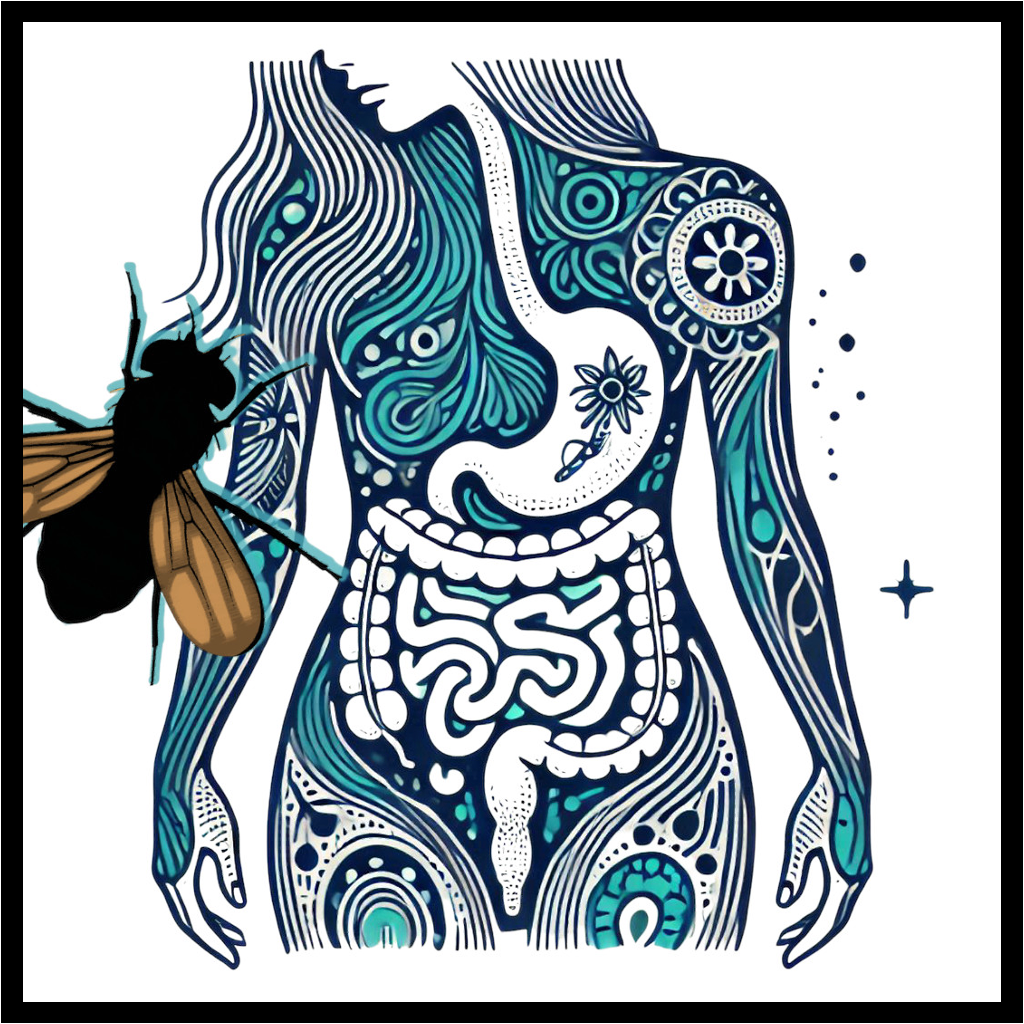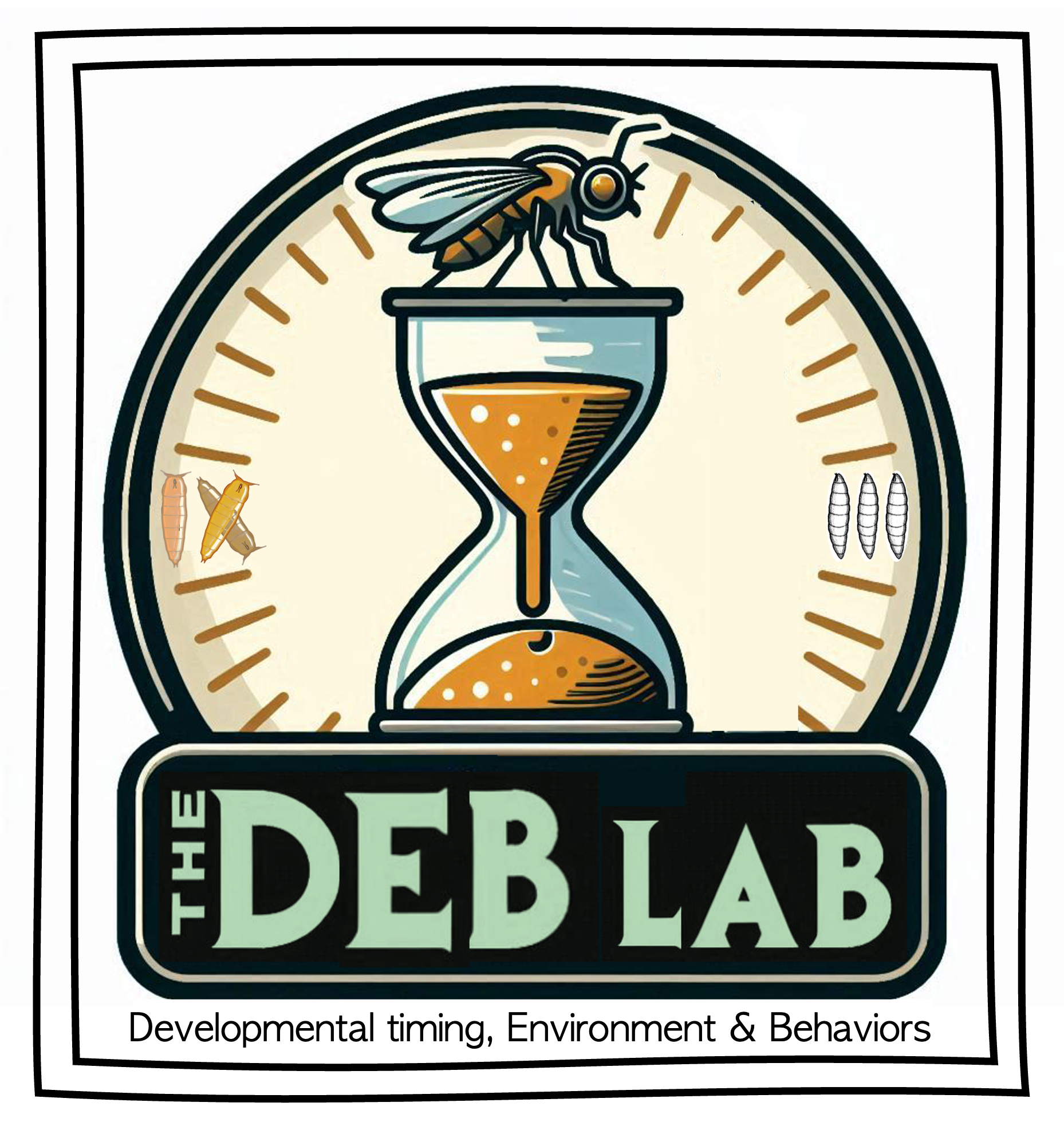
INRAe Avignon, France
Cédric Alaux's research focuses on promoting bee protection within the framework of agroecological transition. His work addresses key challenges, including adapting floral resource restoration to meet bees' nutritional needs, enhancing toxicological risk detection in honey bees through innovative tools such as connected sensors, and anticipating bees' responses to climate change while exploring effective adaptation and mitigation strategies.

Université Aix-Marseille, France
Nathalie Arquier's research focuses on using Drosophila as a model to study cardiac function in both physiological and pathophysiological contexts. Her work aims to characterize the autonomous and systemic cardiac responses to nutritional stress and to identify natural genomic variations linked to age-related changes in cardiac function.

University of Sussex, Brighton, UK
Jimena Berni investigates the relationship between neuronal circuits and behavior, with a focus on how Hox genes shape motor circuit diversification and assembly during nervous system development. By integrating advanced Drosophila neurogenetics with behavioral analysis, her work aims to reveal how neuronal diversification governs coordinated movement and spatial orientation.

Institut Sophia Agrobiotech, INRAe
Vincent Calcagno's research focuses on evolutionary biology and ecology, exploring how adaptive dynamics impact systems at different scales, from individual organisms to entire communities. His work primarily uses insects, such as parasitoids and agricultural pests, as model systems to study the strategies these organisms employ to succeed in their environments. A key area of interest is understanding movement strategies and decision-making as examples of complex adaptive traits.

INRAe Versailles, France
Abhishek Chatterjee is a neuroscientist specializing in sensory ecology, focusing on how insects process sensory cues like pheromones to remodel behavior in the long run. His research aims to decode the neuroethological mechanisms behind the behavioral plasticity of insects and develop sustainable pest control methods that minimize pesticide use while protecting beneficial insects.

INRAe Jouy-en-Josas, France
Vincent Fromion's research focuses on bacterial resource allocation and metabolism. His work integrates mathematical modeling, stochastic simulations, and quantitative biology to understand how bacteria optimize their growth and adapt to environmental changes.

Instituto Cajal, Madrid, Spain
Francisco Martin's laboratory focuses on the intersection of neurobiology and physiology, integrating advanced -omics and behavioral approaches. Using Drosophila melanogaster as a model organism, the research investigates how the brain processes and responds to environmental signals to coordinate innate and adaptive behaviors essential for survival.

Institut Sophia Agrobiotech, INRAe
Raphaël Rousset's team is interested in the defense mechanisms of an organism against environmental aggressors and the pathophysiological consequences when these mechanisms fail. Focusing on Drosophila-bacterial spore interactions, they study gut physiology and the functions of intestinal stem cells in maintaining cellular homeostasis and innate immunity after ingestion, as well as the systemic response.

Institut de Chimie, Nice, France
Jérémie Topin's research ranges from molecular modeling to chemoinformatics, uncovering the subtle interactions between odorant molecules and sensory receptors. His multidisciplinary approach provides a deeper understanding of the mechanisms underlying olfactory perception.
